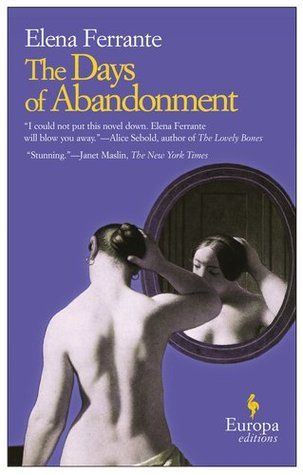I have just finished reading Elena Ferrante’s first Neapolitan novel, “My Brilliant Friend.” I must admit, it’s wonderful. Yes, she’s captured an entire life. Yes, it made me cry and, yes, of course, I immediately wanted to go to Naples and try a Ferrante pizza (which is 100% real).
Catching #FerranteFever
 If Italian author Elena Ferrante knows about #FerranteFever, the social media hashtag used by fans to describe their obsession with her books, I’d be willing to bet the phenomenon makes her uncomfortable. Possibly, she’s rolled her eyes about it. That’s because, in this age of selfies and shameless self-promotion, Ferrante is something of an iconoclast, eschewing all public appearances and social media, granting few interviews, and fiercely guarding her true identity (Elena Ferrante is a pen name).
If Italian author Elena Ferrante knows about #FerranteFever, the social media hashtag used by fans to describe their obsession with her books, I’d be willing to bet the phenomenon makes her uncomfortable. Possibly, she’s rolled her eyes about it. That’s because, in this age of selfies and shameless self-promotion, Ferrante is something of an iconoclast, eschewing all public appearances and social media, granting few interviews, and fiercely guarding her true identity (Elena Ferrante is a pen name).
In a rare interview with the author in the spring 2015 issue of the Paris Review, Ferrante declares herself “still very much interested in testifying against the self-promotion obsessively imposed by the media. This demand for self-promotion diminishes the actual work of art, whatever that art may be, and it has become universal.” She then goes on to explain the creative space that opened up for her when she realized that her anonymity would be protected by her publishers. “[It] made me see something new about writing,” she says. “I felt as though I had released the words from myself.”



